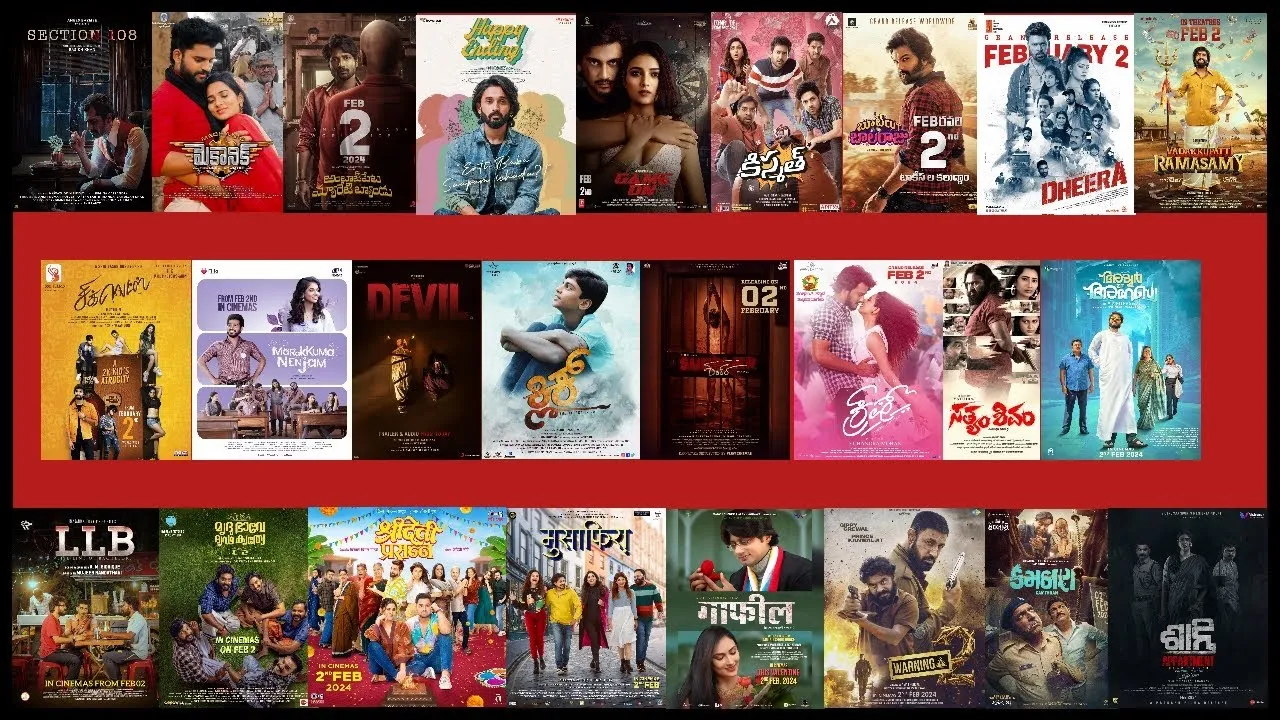Are you tired of endlessly searching for something, only to be met with frustrating dead ends? In the age of instant information, the phrase "We did not find results for:" can feel like a personal affront, a digital slap in the face that underscores the limitations of our supposedly all-knowing search engines.
The digital wilderness can be a frustrating place. Imagine the scenario: you have a burning question, a desperate need for information, or simply a passing curiosity. You type your query into the search bar, confident that the vast expanse of the internet will yield the answer. Instead, you're greeted with the dreaded words: "We did not find results for:" followed by the somewhat patronizing suggestion to "Check spelling or type a new query." It's a modern-day version of the library assistant shrugging their shoulders and telling you to try another section.
This experience, repeated ad nauseam, highlights a fundamental tension in our relationship with technology. We expect seamless access to information, yet the reality often falls short. The internet, for all its wonders, remains a messy, disorganized space, where information can be buried, mislabeled, or simply non-existent. Search engines, despite their sophisticated algorithms, are ultimately fallible tools, capable of misinterpreting our intentions or failing to index the information we seek.
- Anna Sawais Net Worth 2024 Unveiling Her Wealth Amp Success
- Decoding Johnny Gills Relationships A Look At Public Perception Amp Impact
The repetition of this message "We did not find results for:" amplifies the sense of frustration. It's not a one-off occurrence, but a recurring theme in our digital lives. It suggests a systemic problem, a disconnect between the user's needs and the search engine's capabilities. It raises questions about the effectiveness of search algorithms, the quality of online content, and the overall discoverability of information in the digital age.
The suggestion to "Check spelling or type a new query" adds insult to injury. It implies that the user is somehow at fault, that their inability to find the desired information is due to their own carelessness or lack of skill. While it's true that spelling errors can sometimes hinder search results, the reality is often more complex. The problem may lie not with the user, but with the search engine's inability to understand the nuances of language, to recognize synonyms, or to infer the user's intent from an imperfectly worded query.
Beyond the immediate frustration, the "We did not find results for:" message points to a broader challenge: the need for better information management and retrieval systems. As the volume of online content continues to grow exponentially, it becomes increasingly difficult to find what we're looking for. Search engines must evolve to meet this challenge, developing more sophisticated algorithms that can understand natural language, interpret user intent, and filter out irrelevant or misleading information. Content creators, too, have a role to play, ensuring that their websites are well-organized, properly tagged, and easily accessible to search engines.
- Unveiling Adam Sandlers Wife Her Role Beyond Grown Ups Films
- Explore Gosford Park Filming Locations Map A Visual Guide
Furthermore, the experience highlights the importance of critical thinking and information literacy. In a world where information is readily available, it's easy to assume that everything we find online is accurate and reliable. However, the "We did not find results for:" message serves as a reminder that the internet is not a perfect source of truth. It's essential to evaluate the credibility of sources, to cross-reference information, and to be skeptical of claims that seem too good to be true. The ability to critically assess information is becoming an increasingly valuable skill in the digital age.
Consider, for instance, the realm of cinema. Let's say you're seeking "A list of movies in theaters + released in 2024." You anticipate a curated selection of films, complete with "2024 movie release dates, cast, posters, trailers and ratings." But what if your search yields nothing? The frustration mounts. You're left to wonder if the information simply doesn't exist, or if your search terms are inadequate.
The entertainment industry, like many others, is constantly evolving. Movie release schedules are subject to change, cast lists can be fluid, and ratings may not be immediately available. This inherent uncertainty can make it difficult to find accurate and up-to-date information online. Search engines, relying on algorithms and data indexing, may struggle to keep pace with the rapid changes in the entertainment landscape.
Even when information is available, it may be scattered across multiple websites, each with its own format and level of detail. You might find release dates on one site, cast information on another, and trailers on a third. Assembling a comprehensive picture requires time, effort, and a willingness to navigate a labyrinth of online resources.
The promise of "Uncover[ing] the most anticipated movies of 2024, month by month" or to "Stay ahead with our comprehensive guide, ensuring you don't miss any cinematic highlights throughout the year" can feel empty when the initial search comes up short. It underscores the gap between expectation and reality, between the promise of instant access and the frustrating experience of searching in vain.
This applies not only to films, but to other creative endeavors as well. Imagine searching for information on "The forge homestead the beekeeper the bikeriders." These seemingly disparate terms could represent a variety of things: a collection of short stories, a series of paintings, or even a set of thematic essays. The lack of clear results highlights the challenge of searching for information on niche topics or creative works that haven't yet gained widespread recognition.
The phrase "Good grief (netflix release) r." represents a specific query, likely related to a film or television show available on Netflix. The "r" likely refers to a rating or restriction. Even with these specific details, a search might fail to yield the desired results if the information is not properly indexed or if the title is slightly different from what's entered in the search bar. This underscores the importance of precision and attention to detail when searching for information online.
Sometimes, the "We did not find results for:" message masks a deeper issue: the presence of misinformation or misleading content. In the age of fake news and alternative facts, it's increasingly important to be able to distinguish between reliable sources and unreliable ones. A failed search might be a sign that the information you're seeking is simply not accurate or trustworthy. This is particularly relevant when dealing with sensitive topics such as health, politics, or finance.
Even seemingly innocuous queries can lead to unexpected results. Consider the phrase "A family moves into a new home, unaware that a dark secret from the house's past will unleash a malevolent force in the backyard pool." This sounds like the plot of a horror movie, and indeed, it might be. But what if you were actually searching for information about real estate trends or the history of a particular neighborhood? The search engine might misinterpret your intent and return results related to fictional narratives rather than factual information.
Similarly, the phrase "Goliath story spotlighting the intense rivalry between audi and lancia at the 1983 rally world championship. Against all odds, lancia battles to" describes a specific historical event, a rivalry between two automotive giants. A search for this information might yield results related to motorsport history, automotive engineering, or even business strategy. However, if the information is not properly tagged or indexed, the search could come up empty.
The frustration of encountering the "We did not find results for:" message can be mitigated by adopting a more strategic approach to searching. This includes using more specific keywords, exploring different search engines, and consulting a variety of sources. It also means being patient and persistent, and not giving up after the first failed attempt.
In addition to refining search techniques, it's also important to cultivate a healthy skepticism towards online information. Just because something appears on the internet doesn't mean it's true. It's essential to evaluate the credibility of sources, to cross-reference information, and to be wary of claims that seem too good to be true. The ability to think critically and assess information is becoming an increasingly valuable skill in the digital age.
Ultimately, the "We did not find results for:" message serves as a reminder of the limitations of technology and the importance of human judgment. While search engines can be powerful tools for accessing information, they are not infallible. It's up to us to use them wisely, to be critical of the information we find, and to continue to develop our own knowledge and understanding of the world.
Therefore, the quest to conquer the digital wilderness and unearth the information we seek requires a combination of strategic search techniques, critical thinking skills, and a healthy dose of skepticism. The "We did not find results for:" message may be frustrating, but it also serves as a valuable reminder of the importance of human agency in the age of information.
- Breaking Does Alec Bohm Have Siblings Family Life Explored
- Explore Gosford Park Filming Locations Map A Visual Guide


